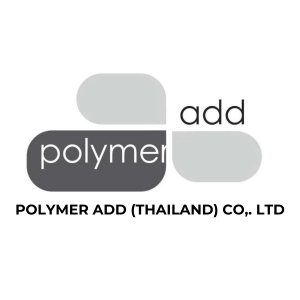Magnesium Aluminium Silicate, also known as montmorillonite clay or bentonite, can be utilized in plastics for various purposes due to its unique properties. Here are some common uses of Magnesium Aluminium Silicate in plastics:
Reinforcement
When added to plastic formulations, Magnesium Aluminium Silicate can act as a reinforcement filler, improving the mechanical properties such as strength, stiffness, and dimensional stability of the plastic material. It enhances the overall performance of the plastic product, making it more durable.
Thickening Agent
Magnesium Aluminium Silicate can serve as a thickening agent in plastic formulations. By absorbing and retaining liquids, it helps control the viscosity and rheological behaviour of the plastic melt during processing, ensuring uniform flow and preventing sagging or dripping.
Enhanced Flame Retardancy
In some cases, Magnesium Aluminium Silicate can contribute to the flame retardancy of plastics. It releases water vapor and inert gases when exposed to heat, diluting the flammable gases released by the plastic and reducing the intensity of combustion. This property makes it useful in applications where fire safety is a concern.
Barrier Properties
Magnesium Aluminium Silicate can improve the barrier properties of plastics, making them more resistant to the permeation of gases and liquids. This is particularly advantageous in packaging materials where maintaining product freshness and integrity is crucial.
Antimicrobial Properties
Some forms of Magnesium Aluminium Silicate possess antimicrobial properties, which can inhibit the growth of bacteria and fungi on the surface of plastic products. This makes it suitable for applications in healthcare, food packaging, and other industries where hygiene is essential.
Compatibility with Biodegradable Plastics
Magnesium Aluminium Silicate is often compatible with biodegradable plastics such as polylactic acid (PLA) and starch-based polymers. It can improve the mechanical properties and processability of these materials while maintaining their biodegradability, making it an attractive additive for sustainable plastic formulations.
Overall, Magnesium Aluminium Silicate offers a range of benefits to plastics, including reinforcement, viscosity control, flame retardancy, barrier properties, antimicrobial activity, and compatibility with biodegradable materials. Its versatility makes it a valuable additive in various plastic applications across different industries.
